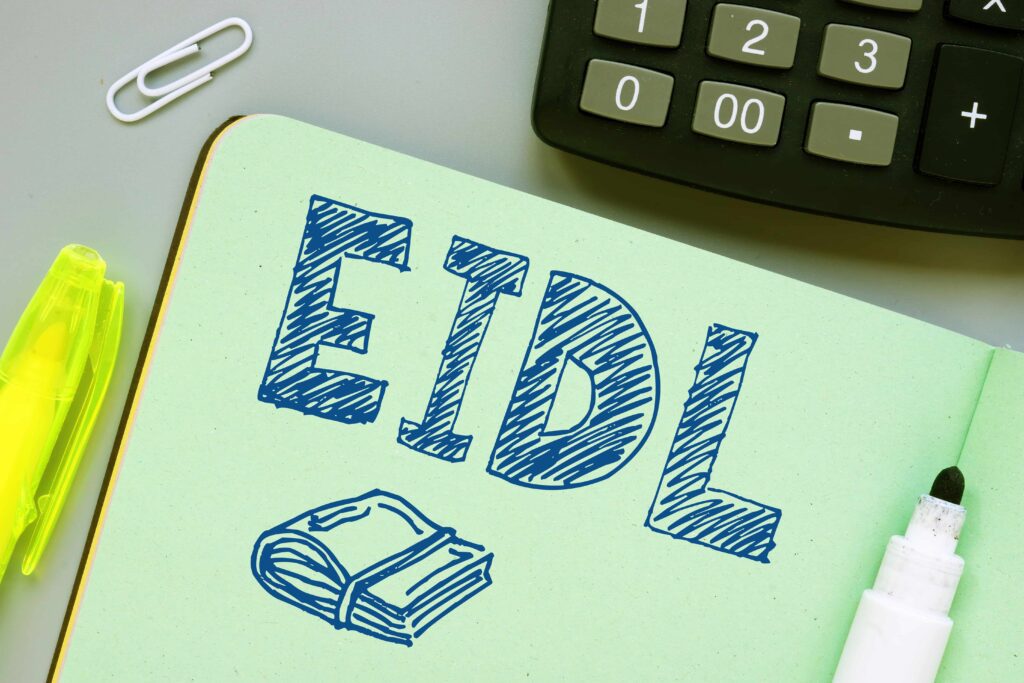The CARES Act provided targeted funding for Economic Injury Disaster Loans (commonly referred to as “EIDL Loans”) for those with economic injury related to the COVID-19 pandemic.
Under CARES, eligible businesses were able to request an advance on the EIDL Loan of not more than $10,000. The advance did not have to be paid back and the potential borrower could keep the advance even if they were denied or chose not to accept the EIDL Loan.
The Consolidated Appropriations Act of 2021 signed into law on December 27, 2020 (the “Act”) included a new round of funding for EIDL Loans and advances along clarifications regarding new and existing EIDL Loans. A total of $40 billion has been allocated to an extended emergency EIDL Loan and advance period that now runs through December 31, 2021. The SBA has stated applications for the second round of EIDL advances will open on January 17, 2021.
Additional Funding for EIDL Advances:
Of the total new EIDL Loan advance funding of $40 billion, the Act allocates $20 billion to an extension of the original EIDL advances.
Targeted EIDL Advance Program:
Of the total new EIDL Loan advance funding of $40 billion, the Act allocates $20 billion to the Targeted EIDL Advance program. This program allows certain small businesses to receive either (i) an advance of $10,000 for businesses that did not receive an EIDL advance under the CARES Act funding, or (ii) the difference between the EIDL advance maximum $10,000 and the advance the business received under the CARES Act. Priority will be given to individuals who applied for an EIDL loan in the prior round of funding but either (i) did not receive funding due to fund depletion or (ii) did not receive the full $10,000. Businesses eligible under this targeted program are those who:
- Employ no more than 300 employees;
- Have suffered an economic loss of greater than 30 percent; and,
- Are located in a low-income community;
A “low-income community” is one that meets the eligibility requirements of the New Market Tax Credit – a program designed to attract private capital into low-income communities through federal income tax credits. A definition can be found in Section 45D(e) of the Internal Revenue Code of 1986, here.
EIDL Advance Taxation:
Congress reversed the earlier position of the IRS and provided that EIDL advances will not generate any taxable income to any business that receives such an advance, and all associated expenses paid with the EIDL advance will be fully deductible by the taxpayer. Taxpayers will also not be required to adjust the tax basis in their assets or any existing tax attribute by reason of the exclusion from gross income. Lastly, the loan forgiveness will generate additional tax basis for partners, S Corporation shareholders, and sole proprietors which will allow additional deductions for pass-through expenses.
EIDL Advance and PPP Loans:
The Act repealed the CARES Act requirement that EIDL advance amount to be deducted from the loan forgiveness amount of those businesses who received PPP Loans. This applies to EIDL and PPP Loans received in the first and second rounds of funding.
Extended Advance Review Period for the SBA: For the second round of EIDL Advances, The SBA is now given 21 days, as opposed to 3 under the CARES Act, to review the EIDL applicant’s eligibility and either grant disbursement or provide notice of ineligibility. In addition, the Act now allows the SBA to request a tax return from EIDL loan applicants and use other information from the Department of the Treasury to confirm eligibility, where the CARES Act explicitly prohibited such requests.




